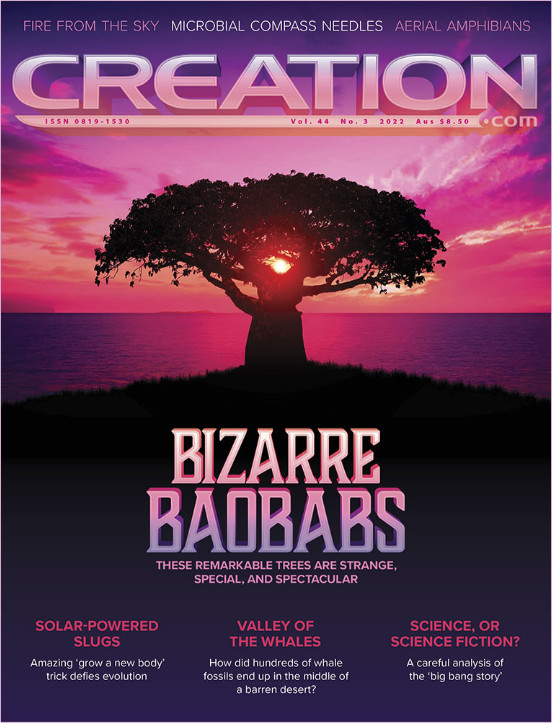More problems for ‘progressive creation’

In the field of ‘human evolution’, the Omo 1 fossils, found in Ethiopia between 1967 and 1974, have long been acknowledged by all as being human, Homo sapiens.
Not only that, they are indisputably of the ‘modern’ type. They have “unequivocal modern human characteristics, such as a tall and globular cranial vault and a chin”.
Till now, they have been stated as having a maximum age of 200,000 years. But they have recently been redated. Volcanic ash around and above the bones has a chemical ‘signature’ linking it to a particular past eruption of the Shala volcano, some 400 km (250 mi) away. The ash has been radiometrically ‘dated’ to 230,000 years ago, so that now becomes the minimum age assigned to the fossils.
This highlights a major problem for ‘progressive (old-earth) creationists’. Their entire program is based on accepting secular ‘ages’ and then somehow fitting them into Genesis. They claim that only ‘true moderns’ in the fossil record came from Adam. (To them, Neanderthals, etc. must all be ‘soulless’ non-humans, despite the evidence that they and modern-type humans had children together).
They were already faced with a huge challenge when the dates on such ‘modern’ human fossils were only a few tens of thousands of years. But as ‘moderns’ have been ‘dated’ further and further back, finding a way to make the biblical genealogies fit becomes off-the-charts impossible. Their version now has Adam being created at least 230,000 years ago.
How much more reasonable to start with the obvious meaning of Scripture, then critically evaluate the secular age claims. From examining the results of volcanic eruptions happening in recent years, it is clear that dating methods give vastly exaggerated ages (see e.g. creation.com/nzvolcano).
- Martin, A., Scientists find oldest ever confirmed human fossils are even older than previously thought, sky.news.com, 12 Jan 2022.


Readers’ comments
Comments are automatically closed 14 days after publication.